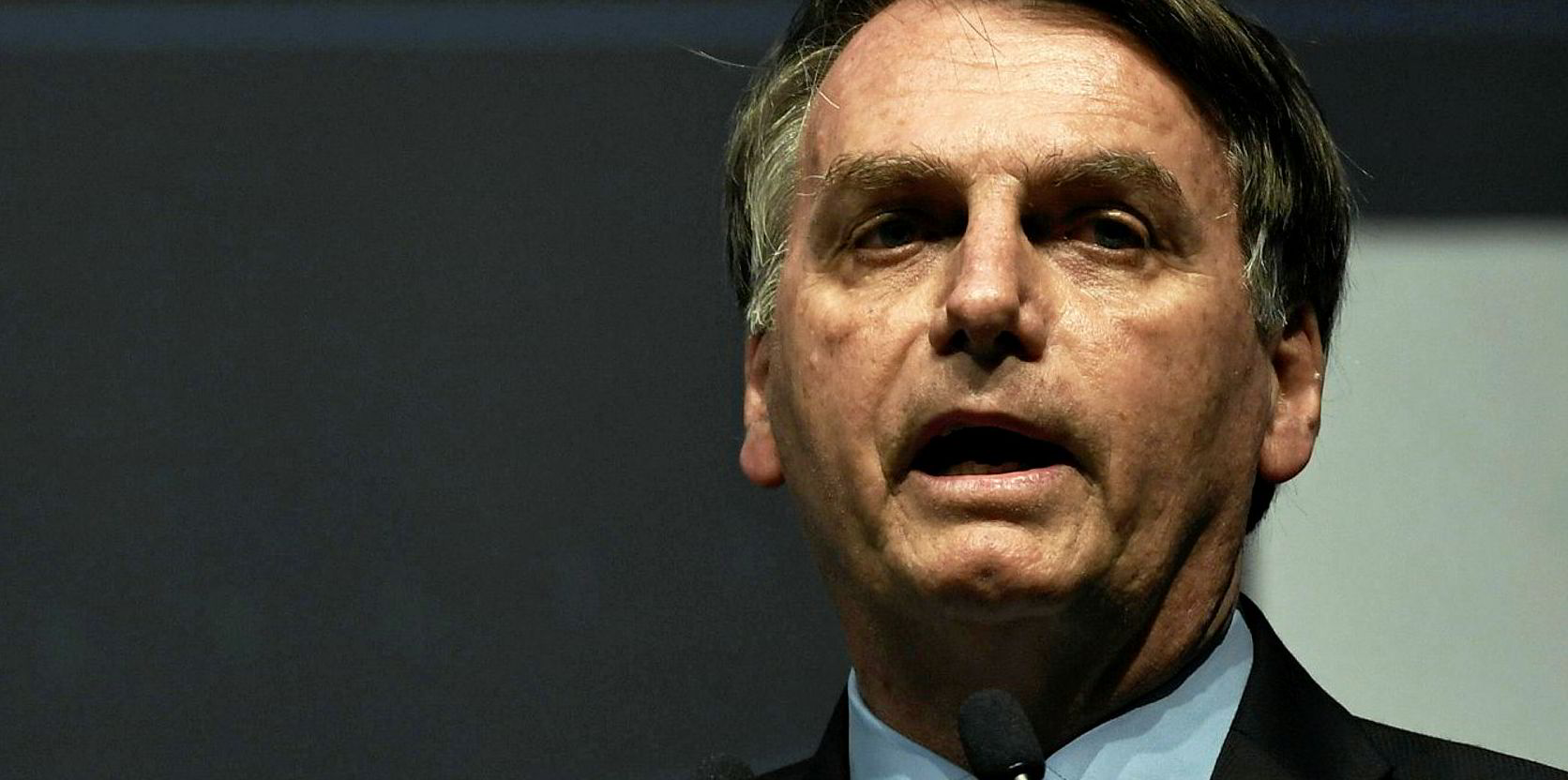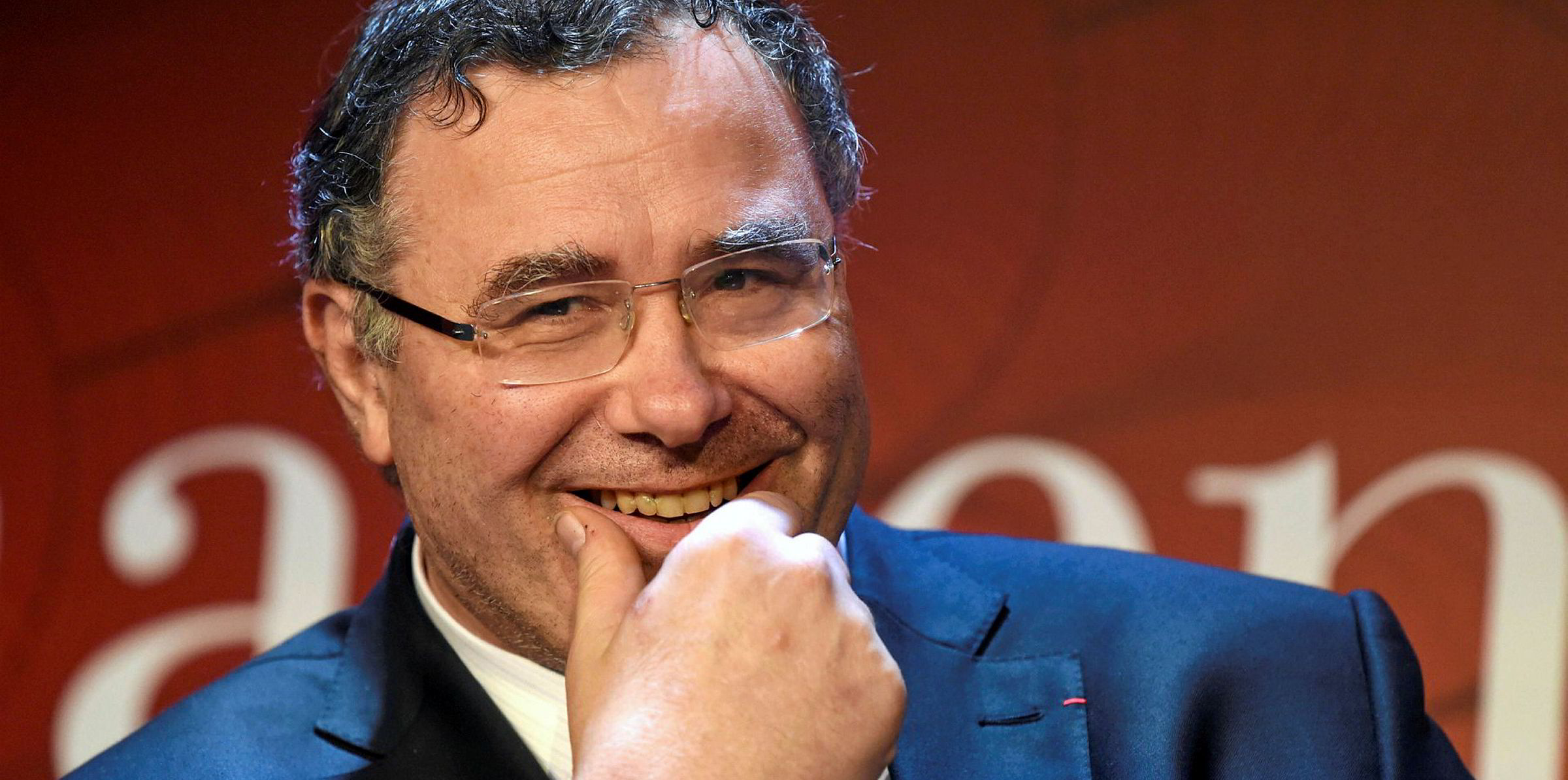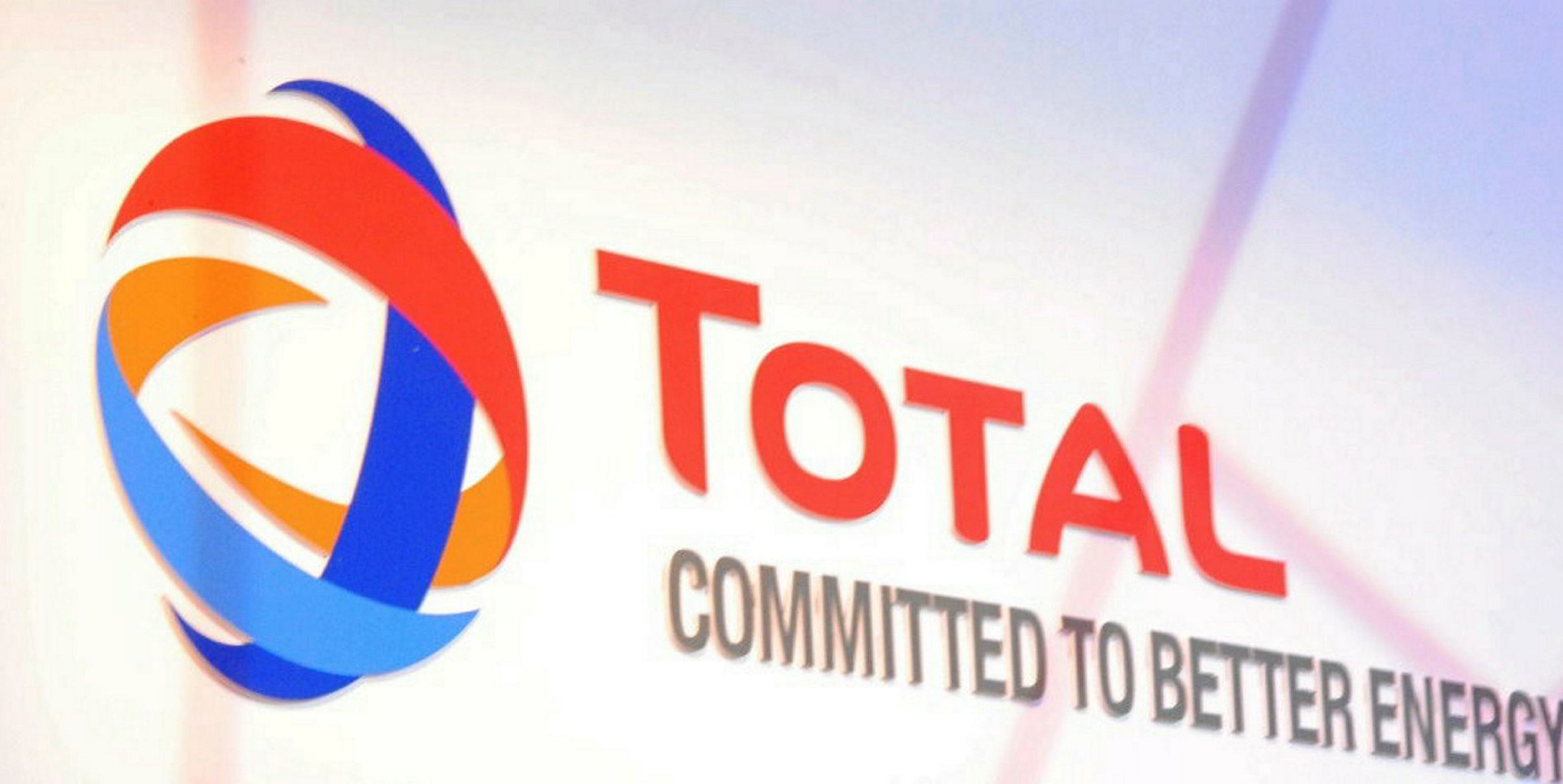Brazil may be on track to achieve its goal of boosting oil output by 1 million barrels per day by 2025 after the first of three autumn licensing rounds.
The country notched up another $2 billion in signature bonuses after awarding 12 blocks in its 16th licensing round last week.
Two more rounds are due over the next four weeks with major players expected to make offers.
It is already beginning to look like a significant success for President Jair Bolsonaro.
The introduction of new licensing terms that are vastly more friendly for international players is paying off, though they were in place before he took office.
And the sheer scale of the three offerings — claimed by some as the world’s largest — has meant carnival time for the oil majors.
France's Total was one of the biggest winners in the 16th round, seizing operatorship of what was seen as the major prize, Block C-M-541 in the Campos basin.
But Shell, Brazil's second biggest oil and gas producer after state-owned Petrobras, also did well.
Chevron and BP were there as well as national oil companies such as Petronas of Malaysia and Qatar Petroleum.
Next up will be a Transfer of Rights (from Petrobras) round in the Santos basin on 6 November, followed a day later by a sixth pre-salt auction.
These will bring into play sought-after acreage such as Aram, which is claimed to hold nearly 30 billion barrels of oil.
The National Petroleum Agency has claimed there could be as much as 110 billion barrels of oil in place over the areas covered by all three licensing rounds.
The only questions perhaps remaining are whether the government is going too fast and whether international investors will lose some interest in subsequent rounds.
And if all these offerings are swallowed up will there be sufficient cash and equipment available to fast-track developments?
Service costs have tumbled in recent years, while simplified development concepts and equipment standardisation has driven down the costs of deep-water schemes by a third in the past five years, according to Oslo's Rystad Energy.
Meanwhile, Brent crude now seems steadier at around $60 per barrel, making 80% of offshore schemes viable, say analysts.
It is ironic that the potential for future work escalates just as Brazil’s Enseada offshore fabrication yard files for bankruptcy.
The Odebrecht-connected facility has barely had an order since it opened five years ago and was badly hit by the oil price downturn and Car Wash corruption scandal.
It is also ironic that the potential oil and gas bonanza in Brazil comes as companies such as Shell and BP come under ferocious criticism on their home turf.
And now there is renewed speculation that foreign companies may be able to buy into Petrobras before too long and take advantage of an opening up of the domestic gas market.
Economy Minister Paulo Guedes has spoken in favour of Petrobras privatisation in the past and hinted in recent days he would like to see this happen before the end of 2022, the scheduled end of Bolsonaro’s first term in office.
Bolsonaro has created international enemies over his attitude to the Amazon rainforest and a range of other issues, but Brazil is certainly gaining friends in the oil and gas industry.
The only questions perhaps remaining are whether the government is going too fast.



